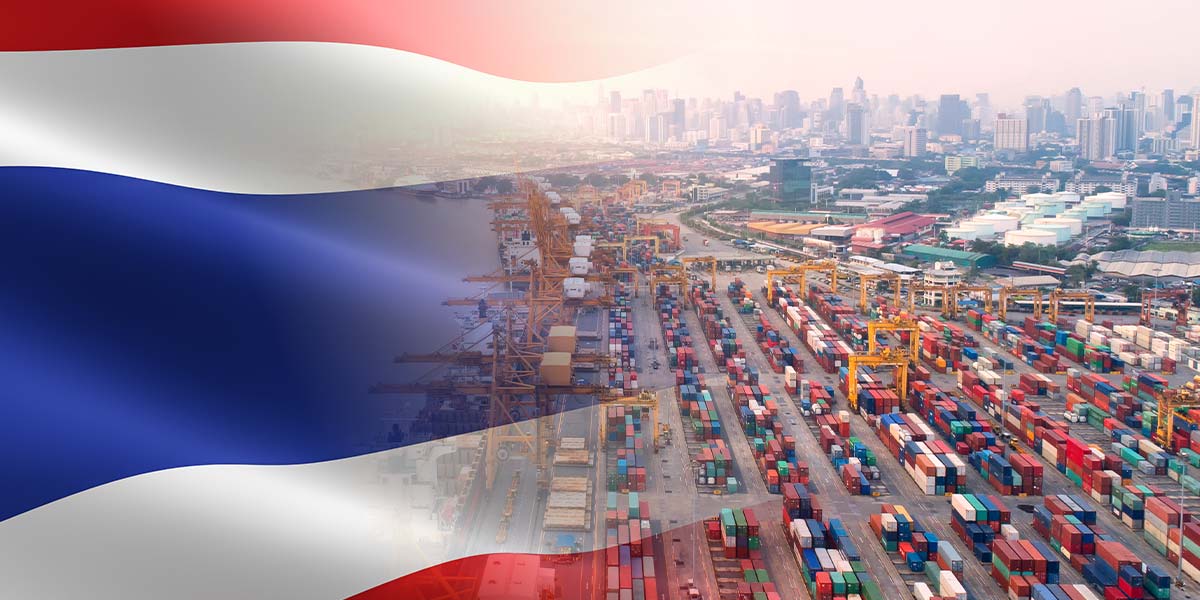According to an official on Tuesday, the Prime Minister of Thailand, Paetongtarn Shinawatra, directed a study on how U.S. trade policies might affect Thai exports, reflecting concerns that Thailand’s trade surplus with the U.S. could pose challenges.
The commerce ministry highlighted difficulties in expanding exports—a critical component of Thailand’s economic growth—attributable to the unpredictable trade policies under President Donald Trump.
In 2024, Thailand recorded a $35.4 billion surplus with the United States, according to data from the ministry. The U.S. stood as Thailand’s largest export destination last year, representing 18.3% of total exports, valued at $54.96 billion.
Government spokesperson Jirayu Houngsub stated that under Trump’s administration, U.S. trade policies, including tariffs, may adversely affect Thai agricultural exports and electronics.
In response, a working group specifically focused on U.S. trade was formed in January. This group is tasked with swiftly assessing the advantages and disadvantages for trade and investment discussions with the United States.
To bolster its economic strategy amidst renewed tensions in the U.S.-China trade relationship, Thailand’s investment board is aiming to draw significant foreign investments in sectors such as semiconductors, printed circuit boards, and electronics, targeting approximately 500 billion baht ($14 billion) in new investments by 2029.
Meanwhile, President Trump recently issued a trade memorandum instructing federal agencies to conduct extensive reviews of various trade issues by April 1, emphasizing U.S. trade deficits.
In an effort to address its trade imbalance with the U.S., Thailand plans to import 1 million tonnes of ethane in the second quarter of this year.





